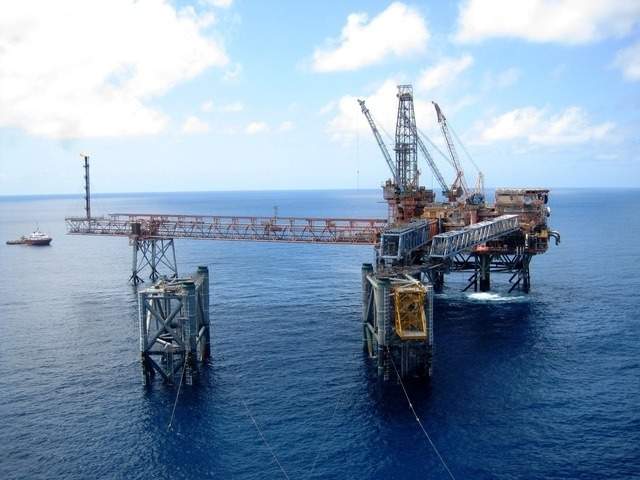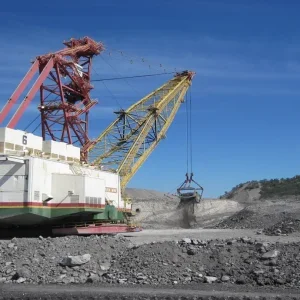
Amid volatile crude prices, the oil and gas industry is planning to introduce robotics across all downstream, midstream and upstream areas in a bid to boost productivity, according to GlobalData.
The market intelligence firm’s latest report suggests the move is expected to help solve complex engineering problems with regards to the exploration and production of hydrocarbons.
Companies including Shell, ExxonMobil, Chevron, BP, Gazprom, Repsol, Equinor, Total and Saudi Aramco are reportedly planning to use robotic solutions in conjunction with field operators.
GlobalData oil and gas analyst Ravindra Puranik said: “Recent technological advancements are enabling operators to deploy robots in terrestrial, aerial and underwater configurations to carry out tasks that may be too risky to be undertaken by field personnel.
“Moreover, aging infrastructure is necessitating regular inspection of these assets, and autonomous drones are being used due to their sheer number and issues related to accessibility.”
“To overcome this concern, robotics technology providers and oilfield service providers are devising new business models, such as robotics-as-a-service (RaaS) to drive the deployment of these technologies in field operations and reduce uncertainty over the total cost of ownership of robots.”

Robotics and automation in oil and gas
According to GlobalData, the global robotics industry is set to grow at a compound annual growth rate of 16% from $98.2bn (£) in 2018 to $277.8bn (£) in 2025.
Automation has been slowly making its way into the sector since the early 1990s and has contributed to debunking the idea that oil and gas professionals live a dangerous life – in fact, those working on offshore rigs now have a lower injury rate than teachers.
And yet, issues remain over whether or not automating jobs in the industry is going to exacerbate its skills crisis, which isn’t a myth and warrants serious attention, according to The Global Energy Talent Index (GETI).
This is not to mention the potential for widespread job losses – a bone of contention posed by automation in virtually every industry embracing it.
Peter Maier, co-president of industries at multinational software corporation SAP, said: “By 2050, the global population will approach ten billion people who need safe, reliable and sustainable energy.
“In this complex energy market, the oil and gas industry is facing new challenges as it transitions to more efficient operations and lower carbon business models.
“Those in the sector understand that 80% of what they do is non-differentiating and they are looking for market-based standard solutions to automate these business functions.
“This allows the companies to focus on the 20% of their businesses that is differentiating and increase their efficiency.
“Automation technology can create efficiencies that make both environmental and financial sense as opportunities exist from the wellhead to the petrol pump, across the full oil and gas lifecycle.
“For example, automation of drilling operations using continuous diagnostics based on sensor data from the drilling equipment will increase accuracy, reduce cost, increase uptime and improve safety.
“Automation also has the capability to optimise supply chains, workforce deployment, spare parts management and numerous organisational inefficiencies.”






